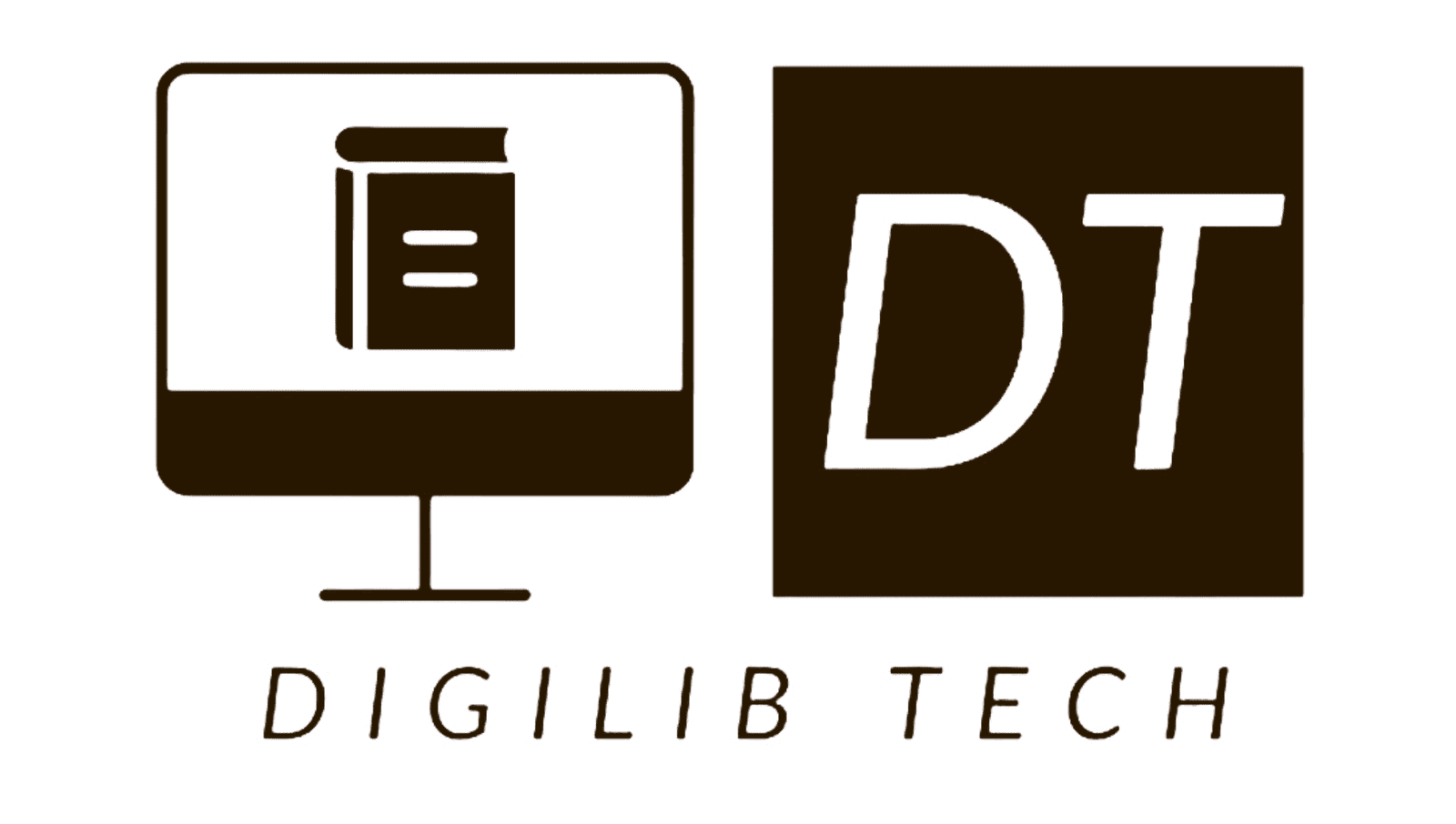Emerging technologies refer to novel tools, systems, or methodologies that are still in the developmental stage but exhibit significant potential to shape the future landscape across various sectors. As society progresses and challenges evolve, these technologies are critically important, as they may redefine existing paradigms and create new opportunities. The application of emerging technologies can lead to transformative changes in industries ranging from healthcare to transportation, enhancing efficacy, accessibility, and overall quality of life.
A vital aspect of emerging technologies is the concept of ‘disruptive innovation,’ introduced by Clayton Christensen in the late 1990s. Disruptive innovations often begin at the lower end of the market, typically appealing to niche segments before gradually moving up to challenge established competitors. These innovations can disrupt existing practices and outdated technologies, making way for groundbreaking solutions that address pressing issues more efficiently. This process is particularly relevant in the context of emerging technologies that promise sustainable alternatives, improve patient care, or streamline logistics.
The significance of these technologies is further amplified by their potential to converge, leading to even more innovative outcomes. For instance, the integration of artificial intelligence with big data analytics may unveil insights that were previously unattainable, facilitating smarter decision-making in various fields. As the focus on these advancements intensifies, stakeholders—including businesses, policymakers, and researchers—must maintain vigilance to harness their benefits responsibly and ethically.
As we explore the top 25 emerging technologies forecasted to leave a lasting impact by 2025, it is essential to recognize the power and consequences of innovation in shaping our future. Understanding their development and implications will frame our discussion and underline the importance of these technologies in navigating tomorrow’s challenges.
The List of Top 25 Emerging Technologies
As we look ahead to 2025, the following list highlights twenty-five emerging technologies poised to significantly impact various industries and everyday life. From advanced computational systems to new communication standards, these innovations promise to reshape how we operate and solve complex challenges.
1. Generative AI: This subset of artificial intelligence focuses on algorithms capable of producing new content, ranging from text and images to music and video, fostering creativity and automation in various fields.
2. Quantum Computing: Utilizing the principles of quantum mechanics, this technology offers unprecedented processing power for complex problem-solving, with applications in cryptography, material science, and pharmaceuticals.
3. 5G Expansion: The rollout of 5G networks is revolutionizing connectivity, enabling faster data transfer rates and supporting the growth of IoT devices, thereby enhancing smart city initiatives and remote work capabilities.
4. Blockchain Technology: Beyond cryptocurrencies, blockchain is set to transform industries by providing secure, transparent, and immutable records for transactions, proving invaluable in finance, healthcare, and supply chain management.
5. Edge Computing: By processing data closer to the source rather than relying solely on centralized data centers, edge computing improves response times and bandwidth utilization, catering to real-time data needs.
6. Augmented Reality (AR): AR technology layers digital information onto the physical world, enhancing user experiences across retail, education, and training sectors, leading to more interactive engagements.
7. Virtual Reality (VR): VR immerses users in simulated environments, presenting opportunities in entertainment, therapy, and remote collaboration, forging new pathways for interaction.
8. Automation and Robotics: From industrial automation to personal assistance, advancements in robotics aim to enhance efficiency and productivity while reducing human error across multiple sectors.
9. Biotechnology: Innovations in biotechnological research are crucial for developing new medical treatments and enhancing agricultural production through genetically modified organisms (GMOs).
10. Renewable Energy Technologies: Contributions from solar, wind, and other renewable sources are expected to dominate energy markets, offering sustainable solutions to meet global demands.
11. Advanced Materials: The development of smart materials with self-healing properties and temperature responsiveness is paving the way for breakthroughs in construction, manufacturing, and consumer goods.
12. Autonomous Vehicles: The rise of self-driving cars and drones presents opportunities for improved transportation efficiency, logistics, and enhanced personal mobility.
13. Cybersecurity Innovations: With increasing cyber threats, innovative cybersecurity measures, including AI-driven protocols and blockchain-based security, are critical for protecting sensitive information.
14. Internet of Things (IoT): The growing interconnectedness of devices allows for smarter environments, from homes to cities, enhancing data-driven decision-making and operational efficiency.
15. 6G Technology: Anticipated to follow 5G, 6G is expected to provide even higher data transmission rates and improved connectivity, facilitating the next generation of mobile applications.
16. Neurotechnology: This field focuses on technologies for interfacing with the nervous system, aiming for advancements that enhance cognitive functions and support mental health.
17. Smart Manufacturing: Utilizing automation, data analysis, and IoT, smart manufacturing optimizes production processes and improves quality and output efficiency.
18. Precision Agriculture: This approach employs data-driven techniques to enhance crop yields and resource management, promoting sustainability in farming practices.
19. Green Chemistry: Innovations in chemical processes aim to reduce environmental impact, focusing on sustainability in manufacturing and product development.
20. Digital Twins: Creating virtual replicas of physical systems enables real-time monitoring and optimization, applicable in sectors like manufacturing, healthcare, and urban planning.
21. 3D Printing: This additive manufacturing technique is revolutionizing production by allowing on-demand creation of complex structures in various materials, dramatically cutting down waste.
22. Drones and Unmanned Aerial Vehicles: These technologies are impacting logistics, aerial surveys, and safety inspections through their ability to perform tasks efficiently in less accessible areas.
23. Human Augmentation: The integration of technology with the human body enhances physical and cognitive capabilities, potentially improving quality of life for individuals with disabilities.
24. Bioinformatics: The convergence of biology and data science streamlines research in genetics, drug development, and personalized medicine, harnessing large data sets for scientific breakthroughs.
25. Energy Storage Solutions: Advancements in battery technologies and energy storage systems are crucial for enhancing the reliability of renewable energy sources and electric vehicles, supporting a sustainable energy future.
These twenty-five emerging technologies represent a snapshot of the innovations to monitor as we approach 2025, each holding significant potential to transform various aspects of human life and economic landscapes.
In-Depth Exploration of Selected Technologies
As we approach 2025, several emerging technologies have garnered attention for their transformative potential across various sectors. Among these, generative AI, quantum computing, and biotechnology in agriculture stand out due to their innovative capabilities and anticipated impact on industries.
Generative AI refers to systems that can create new content, ranging from images and music to complex textual data. Currently, leading-edge models such as GPT-4 and DALL-E are reshaping content creation and personalization. The future of generative AI holds promise for enhanced creativity in fields like marketing, where tailored content can engage audiences more effectively. However, challenges such as ethical concerns surrounding deepfakes and copyright issues must be addressed to navigate its adoption responsibly.
Quantum computing represents another pivotal technology set to revolutionize problem-solving by leveraging quantum bits (qubits). This technology has the potential to process vast datasets at unprecedented speeds, offering solutions to complex problems in cryptography, drug discovery, and optimization tasks. With major tech companies and governments investing heavily, the future is likely to witness breakthroughs in fields previously constrained by traditional computational limitations. However, scalability and error-correction remain critical hurdles that continue to challenge researchers in quantum development.
Biotechnology in agriculture is also gaining traction as a vital area for sustainable food production. Techniques like CRISPR gene editing allow for the enhancement of crop resilience and yield while reducing dependence on chemical inputs. As global populations continue to rise, the implications of biotechnological advancements could be profound in ensuring food security. Nonetheless, ethical debates surrounding genetic modification warrant careful consideration to align with public sentiment and regulatory frameworks.
Each of these technologies—generative AI, quantum computing, and biotechnology—exhibits significant promise, yet they are accompanied by a series of challenges that warrant thoughtful exploration and management. As we head toward 2025, the development of these technologies will undoubtedly shape the landscape of various industries and society as a whole.
Future Implications and Conclusion
The emergence of groundbreaking technologies has profound implications for society, the economy, and the environment, particularly as we look toward 2025. As innovations unfold, they present pivotal opportunities and challenges that demand careful consideration. These technologies, ranging from artificial intelligence to renewable energy solutions, have the potential to tackle some of the most pressing issues faced by humanity today. For instance, AI-driven analytics can enhance decision-making processes in healthcare, leading to improved patient outcomes and more efficient resource allocation.
Moreover, the integration of IoT (Internet of Things) devices in industrial processes can facilitate real-time monitoring, thereby reducing waste and increasing operational efficiency across multiple sectors. Such advancements not only promise to bolster productivity but also contribute to sustainability efforts by minimizing environmental impact. The renewable energy sector, bolstered by innovations such as advanced solar panels and energy storage solutions, can play a crucial role in combating climate change, promoting a shift to cleaner energy sources that reduces dependency on fossil fuels.
However, along with these opportunities come significant ethical and societal considerations. Issues surrounding data privacy, surveillance, and algorithmic bias require proactive governance frameworks to ensure the responsible deployment of emerging technologies. The rapid pace of technological advancement can outstrip regulatory measures, leading to potential exploitation or inequitable access among different populations, both domestically and globally.
In conclusion, as we navigate through the complexities tied to emerging technologies, it is imperative for individuals, businesses, and governments to engage in thoughtful dialogue and collaboration. Understanding and harnessing these innovations can lead to substantial benefits, but it is equally important to address the associated ethical dilemmas. By prioritizing responsible tech development and utilization, we can collectively strive towards a future that prioritizes the well-being of both society and the planet. It is essential for all stakeholders to recognize the transformative nature of these technologies and actively participate in shaping a sustainable, equitable, and prosperous future.












